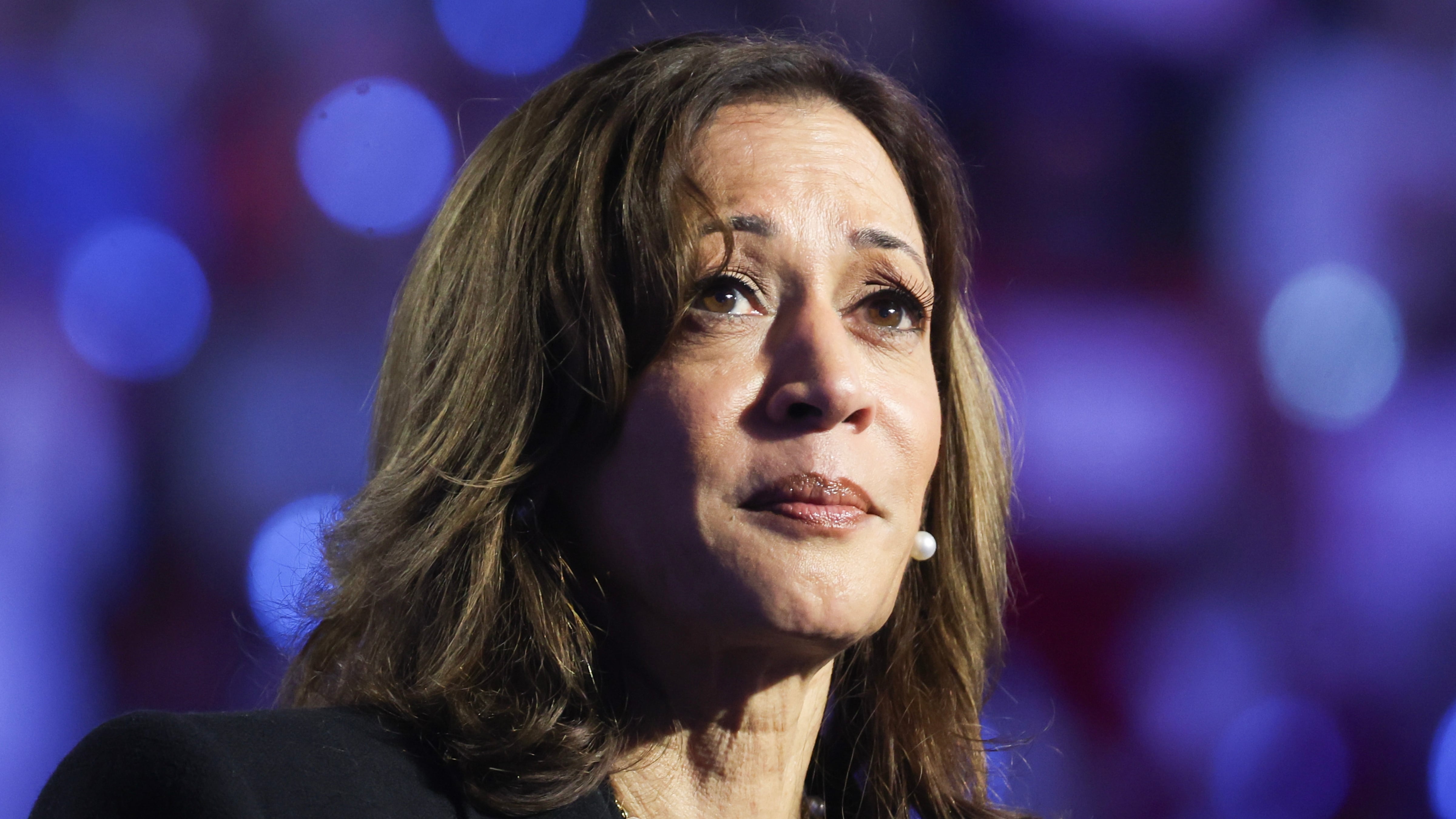Kamala Harris’s recent presidential campaign resulted in her securing only 226 Electoral College votes, a significant decline compared to Joe Biden’s 306 votes in the 2020 election. One of the most critical factors contributing to her loss was her failure to win any swing states, which are essential for electoral success. This underperformance raised questions about her campaign strategy and overall appeal to voters.

Several key issues played a role in Harris’s defeat. First, her perceived lack of battle readiness was a significant concern among voters. Critics argued that she did not demonstrate the necessary experience or preparedness to take on the presidency, which may have undermined confidence in her candidacy.
Additionally, her campaign was criticized for placing an overemphasis on abortion rights. While this issue is vital for many voters, focusing too heavily on it may have alienated those who prioritized other pressing concerns, such as the economy or national security.

Immigration also emerged as a contentious issue during the campaign. Harris’s stance on immigration policies, along with the administration’s handling of related challenges, raised concerns among voters, particularly in swing states where these issues resonate deeply.
Furthermore, her perceived alignment with Biden’s administration weakened her campaign. Many voters viewed her as closely tied to the current administration, which may have dampened enthusiasm among those seeking a change in leadership and policy direction.
Overall, these factors combined to create significant challenges for Harris’s campaign, ultimately leading to her electoral defeat.





